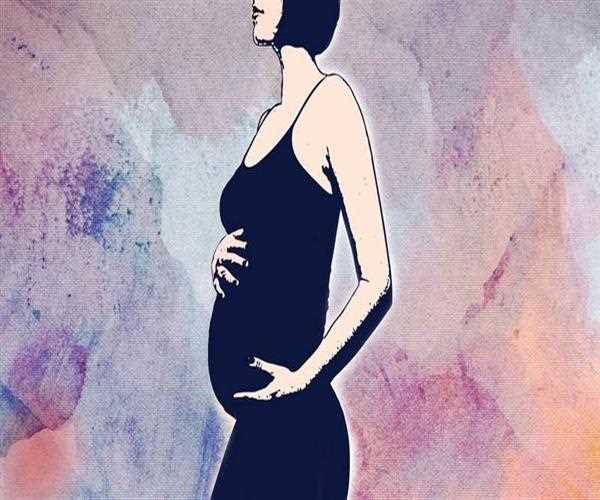Diarrhea during pregnancy
Digestive difficulties may occur frequently during pregnancy, such as constipation and diarrhea. Blaming it for changing hormones, diet changes, and increased stress. The truth is, pregnant women are coping quite a lot with diarrhea, and if they aren't careful it can cause complications.
Find out what you can do to alleviate suffering as it strikes.
Why diarrhea is common during pregnancy
You can get diarrhea if you encounter three or more loose bowel movements in one day. Diarrhea is common during pregnancy. Only because you have diarrhea does not necessarily mean that it is directly related to your pregnancy, though.
There are causes other than pregnancy which include:
- virus
- bacteria
- stomach flu
- intestinal parasites
- food poisoning
medications
Diarrhea is even more common under other circumstances. Which include the condition of irritable intestines, Crohn's disease, celiac disease, and ulcerative colitis.
Pregnancy-related causes for diarrhea include:
Changes in Diet. If many women find out they are pregnant, they make dramatic changes in diet. An abrupt change in your food intake will disturb your stomach and can cause diarrhea.
New food sensitivities. Some of the many changes you undergo during pregnancy can be food sensitivities. Foods that never fazed you until you get pregnant will now leave you with nausea, stomach upset, and diarrhea.
Vitamins Prenatal. Taking prenatal vitamins is good for your health and also for your growing baby's health. Such vitamins can also disrupt your stomach and cause diarrhea.
Hormone changes. Hormones will slow down your digestive system so constipation may be a concern. Hormones can also speed up the digestive system and may create a problem with diarrhea.
Diarrhea is more common in the third trimester
You can find that diarrhea becomes more frequent when you reach your due date. This may be because your body is getting ready for labor. Diarrhea doesn't actually mean your work is just days away so don't be worried by the elevated frequency.
Many women in their third trimester will not even suffer recurrent diarrhea while others do. The perception of every single person would be different.
Remedies for diarrhea during pregnancy
Whether you're drug leery when you're pregnant, there's some good news here. You do not need to take any extra medications to treat diarrhea. In fact, most cases of diarrhea untreated clear up. But if you need anything else, there are a few treatments available.
How to treat diarrhea while pregnant:
Give it time. Many diarrhea cases will clear up within a couple of days. Often this is the case if your diarrhea is caused by food poisoning, a bug or virus, or bacteria. Stay hydrated.
Start taking your medicine. When a drug like
rifagut is taken to induce diarrhea, the body can adapt to it and diarrhea can stop. If not, then talk to your doctor.
See a doctor. When your diarrhea doesn't stop after two to three days, make an appointment to see your doctor. Your doctor may conduct a physical examination and can draw blood to assess what induces diarrhea.
Avoid problematic foods. Some food groups can worsen diarrhea. Steer clear of high-fat, fried foods, spicy foods, milk and milk products, and high-fiber food.
Should not take an antidiarrheal drug over-the-counter without having to consult the doctor. Such medicines can exacerbate those conditions. However, not everyone is safe.
Stay hydrated
If you experience diarrhea, staying hydrated is crucial. Watery, loose bowel movements carry a lot of fluid out of the body. Dehydration can occur rapidly and can be extremely dangerous, particularly for pregnant women.
Even if they don't experience digestive problems, pregnant women need more water than anybody else.
Drink water to replace the fluids that you lose. Drink the juice and broth to help replace some of your body's lost electrolytes, vitamins, and minerals.
When to seek treatment
Prolonged diarrhea can result in dehydration. When it takes longer than two or three days to get your diarrhea, call your doctor. Severe dehydration causes complications during pregnancy. The dehydration signs include:
- dark yellow urine
- dry, sticky mouth
- thirst
- decreased urine output
- headache
- dizziness
- lightheadedness
You can avoid dehydration by consuming at least 80 ounces of water every day during pregnancy.

